How To Worship Shri Narsimhadev Yantra /(श्री नृसिंहदेव यंत्र की पूजा कैसे करें)
Worshiping Shri Narsimhadev Yantra is a deeply spiritual practice in Hinduism, especially in the Vaishnavism tradition. Lord Narsimhadev, an incarnation of Lord Vishnu, is believed to protect devotees from all forms of danger, negative energies, and evildoers. The Narsimhadev Yantra is a sacred geometric representation of this powerful form of Lord Vishnu and is used to invoke His divine protection and blessings.
1. Preparation Before Worship
Before you start worshiping the Yantra, it’s important to prepare the place of worship. This helps create a pure and focused environment.
- Choose a Clean Place: Select a quiet and clean place to set up your altar or worship space.
- Prepare a Small Altar: Place the Narsimhadev Yantra on a clean surface, preferably on a piece of cloth (red or yellow are considered auspicious).
- Clean the Yantra: If you have a physical Yantra (either a metal or paper one), clean it with a soft cloth and fresh water. Some devotees also light incense or ghee lamps to purify the space.
2. Morning Ritual (Best Time for Worship)
The best time to perform the worship is during early morning (Brahma Muhurta), ideally between 4:30 AM to 6:00 AM. This is considered a highly auspicious time for spiritual practices.
3. Offerings
Offerings help create a connection with the divine. You can offer:
- Flowers: Fresh flowers, especially marigolds, or any favorite flower of Lord Vishnu.
- Fruits: Offer fresh fruits such as bananas, apples, or coconut.
- Incense and Lamp: Light incense and a ghee lamp to purify the environment and seek divine grace.
- Water: Offer water to the Yantra using a small vessel or kalash.
4. The Yantra Invocation (Pran Pratishtha)
If you are performing the initial installation or activation of the Yantra, perform the Pran Pratishtha (invocation of life force) ceremony to imbue it with divine energy. This process includes:
- Recite Mantras: Begin by chanting the following mantra:ॐ नमो भगवते नृसिंहाय
Om Namo Bhagavate Nrisimhaya
(Translation: “Salutations to Lord Narsimhadev”) - Prayers: You can recite prayers to Lord Narsimhadev for protection, removal of obstacles, and the elimination of negativity.
- Chant the Narsimhadev Stotra or Ashtakshara Mantra:
The Narsimhadev Stotra or the Ashtakshara Mantra is also chanted in the worship to invoke His blessings:ॐ ह्लीं नृसिंहाय नमः
Om Hreem Nrisimhaya Namah
(This is the primary bija (seed) mantra for Narsimhadev.)
5. Meditate on the Yantra
- After offering your prayers, take a few minutes to focus on the Yantra. Meditate on its geometric patterns, and visualize the divine form of Lord Narsimhadev emerging from it.
- Imagine His divine energy filling your surroundings, protecting you from any harm, and removing obstacles from your life.
- Chant the following mantra during meditation:ॐ उंक्रं नृसिंहाय विकटं महाद्वारं हुम्
Om Unkrim Nrisimhaya Vikatam Mahadwaram Hum
6. Recite the Narsimhadev Stotra
The Narsimhadev Stotra is a powerful set of prayers that praise the divine qualities of Lord Narsimhadev and invoke His protection.
Here is an excerpt from the Narsimhadev Stotra:
नृसिंहं परमं शान्तं मङ्गलं विश्वकर्मणं।
नमः शिवाय गोविन्दं श्रीरामं जगतां पते।
Translation: I bow to Lord Narsimhadev, who is the supreme and tranquil, auspicious and the creator of the universe. I also bow to Lord Shiva, Govinda, and Lord Ram, the protector of the world.
7. Closing the Ritual
- Prayers of Gratitude: Thank Lord Narsimhadev for His protection and blessings.
- Conclude the Worship: After the prayers and meditation, conclude your worship by bowing down in front of the Yantra.
- Offer Prasadam (Blessed Food): If you have offered food during the worship, distribute the prasadam to family members or share it with others as an act of goodwill.
8. Regular Worship
Regular worship enhances the power of the Yantra. You can worship daily, or on special days such as:
- Narasimha Jayanti (celebrating the appearance of Lord Narsimhadev) – This is the most auspicious day for worshiping Narsimhadev and His Yantra.
- Saturdays – These days are considered auspicious for Lord Narsimhadev worship, especially in the context of overcoming challenges and enemies.



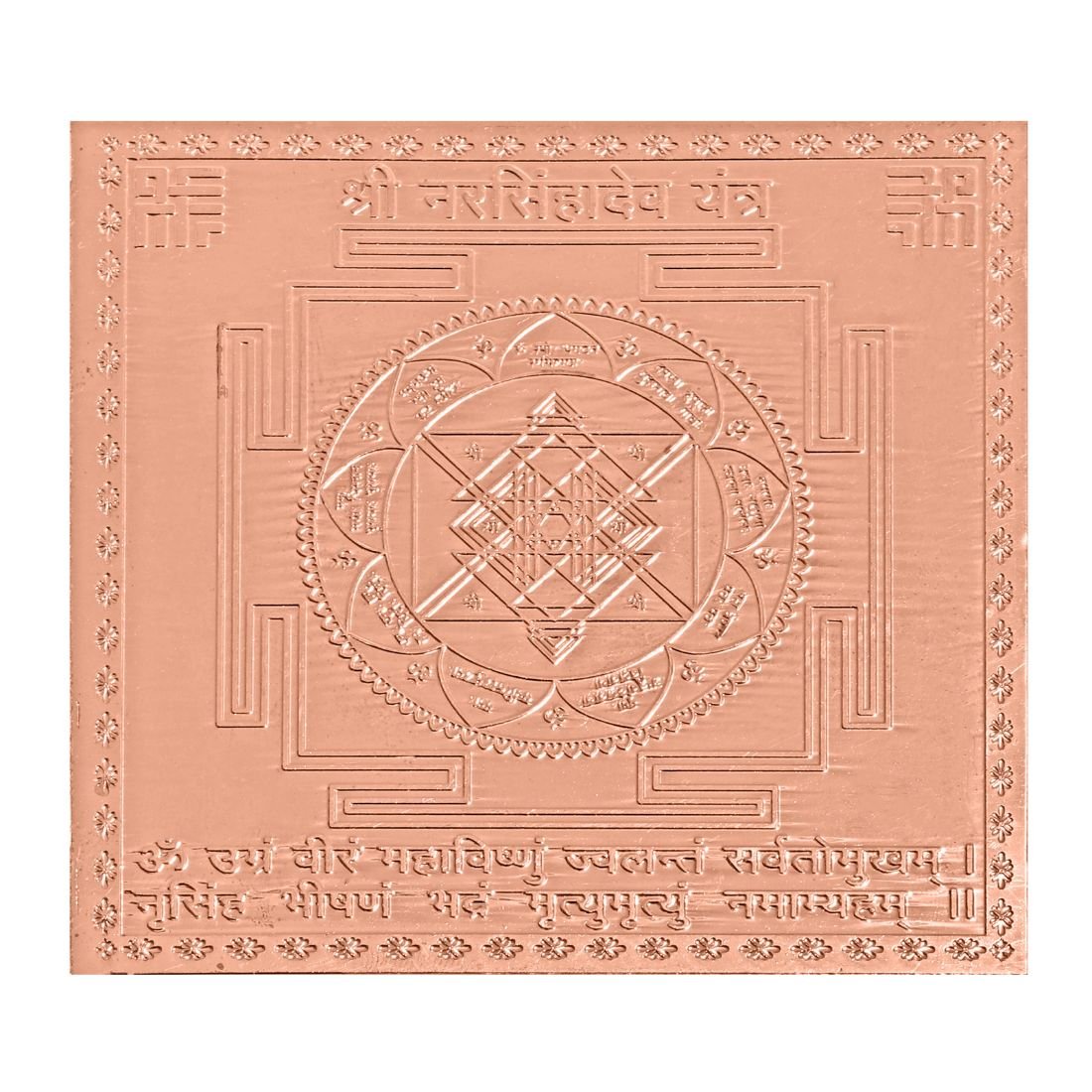



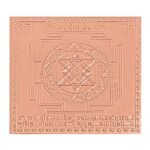







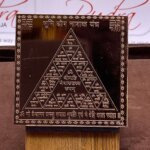





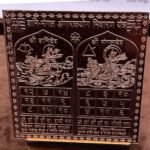

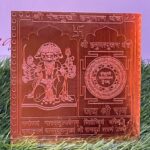
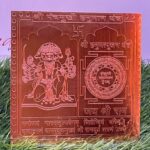


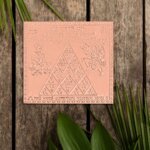

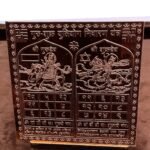

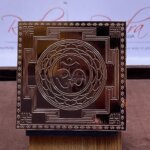

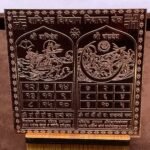

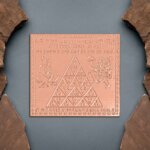

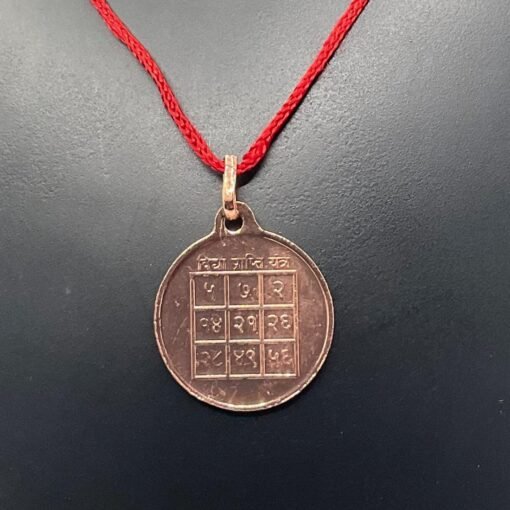

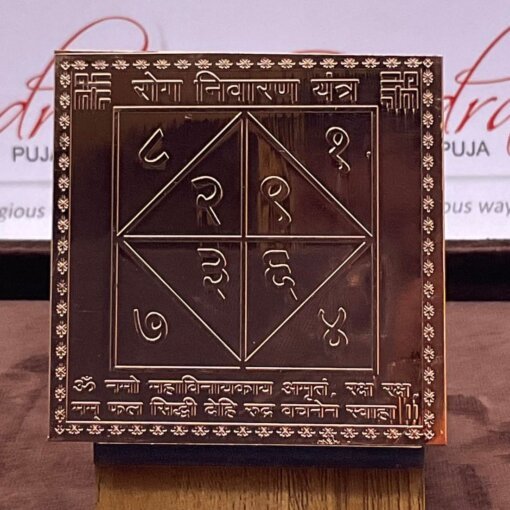

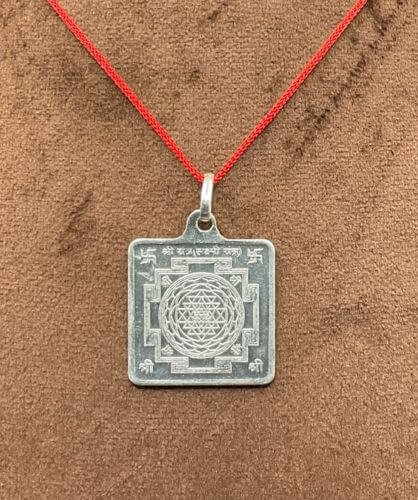


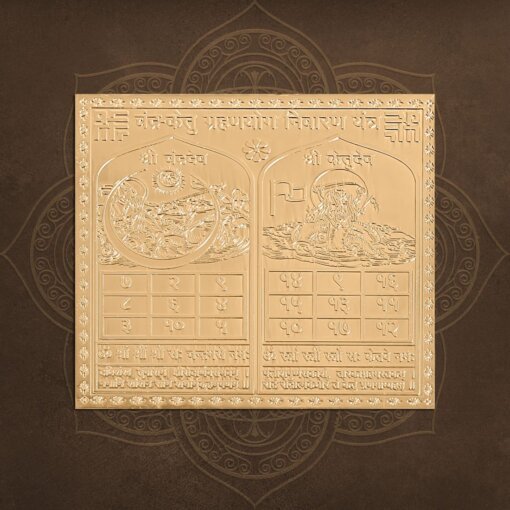




good product
Excellent
Very good and easy communication
I asking for any compliment for good vibe vise shiv prasad.. But no send any prasad… Anyway shiv ling was awesome… ❤️
Nice products and timely delivery